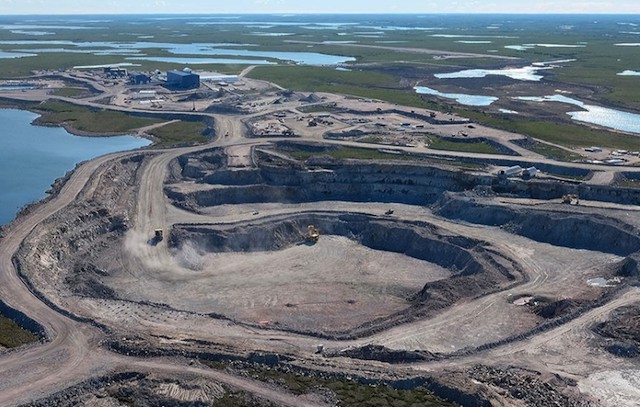Two mining organizations warned on Wednesday that Zambia’s proposed minerals regulation law may discourage investment and provide a “fatal blow” to aspirations to increase annual copper output to 3 million tons.
The new Minerals Regulation Commission Bill, put up by Zambia’s government, aims to “regulate and monitor the development and management of mineral resources” in the continent’s second-largest producer of copper.
However, the Association of Zambian Mineral Exploration Companies (AZMEC) and the Chamber of Mines (ZCM), the country’s leading mining trade association, claimed in a joint statement that several provisions of the proposed law “will drive up the perception of investment risk in Zambia”.
“Unfortunately, due to…the prospect of forced ‘free carry’ acquisitions by the state of stakes in new ventures, this Bill will seriously undermine property rights,” the mining industry bodies said.
“The Bill also grants unaccountable and arbitrary discretionary decision-making powers to individual regulators, which present obvious future corruption risks,” they added.
Zambia’s mines ministry was not immediately available to comment.
Since the previous administration’s 2019 seizure of Konkola Copper Mines from Vedanta, the country’s investment image has suffered. President Hakainde Hichilema’s government, elected in 2021, has worked to restore it and increase copper production.
The corporation was returned to Vedanta by the new administration, which intends to increase copper production to 3 million tons annually in the next ten years to capitalize on the rising demand for the metal, which is essential to the world’s transition to greener energy sources.
According to figures from the Zambia Chamber of Mines, copper output fell to 698,000 tons in 2023 from 763,000 tons the year before.
Major mining companies, like First Quantum Minerals and Barrick Gold, are pouring billions of dollars into their copper holdings in Zambia.
International Resources Holding (IRH), a firm based in the United Arab Emirates that acquired a 51% share in Mopani Copper Mines from Glencore, has committed to investing $1.1 billion to increase output at the mine.



































